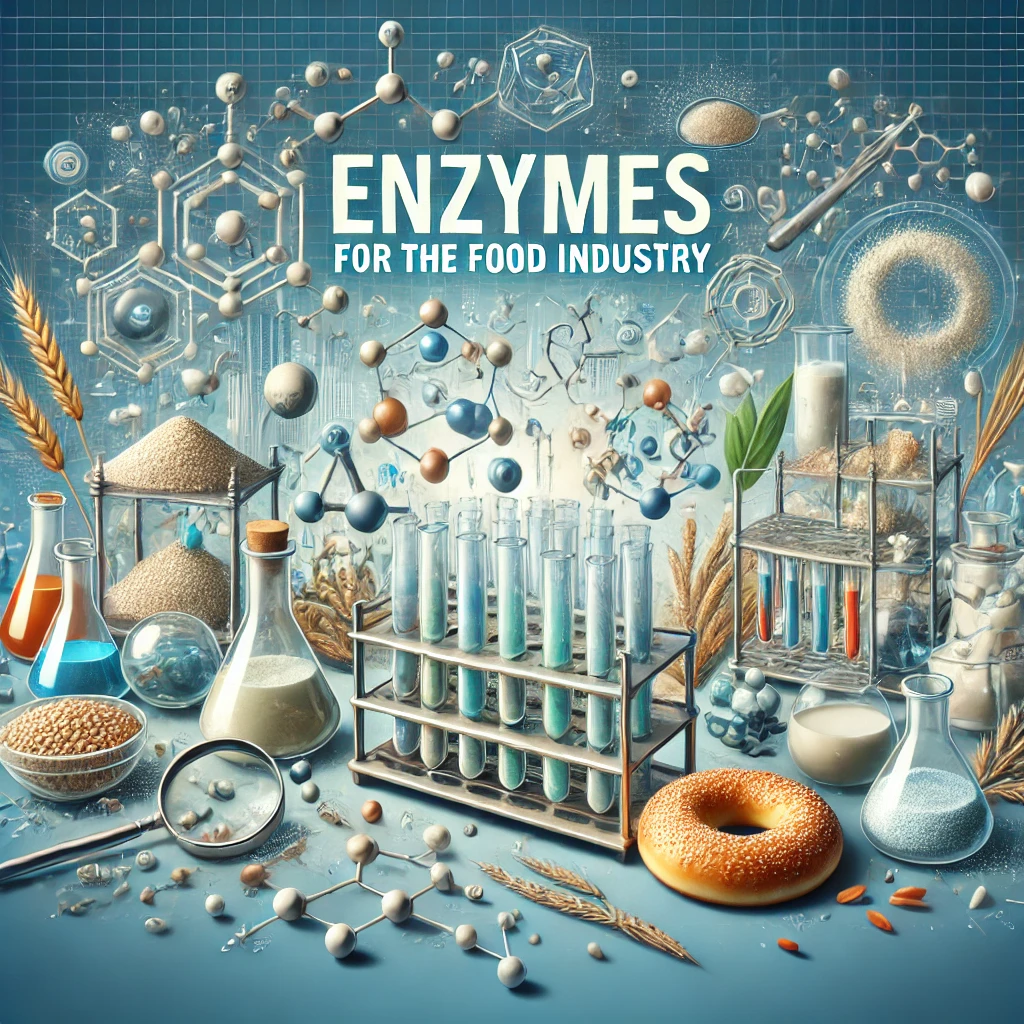Transalutaminase Enzyme Manufacturer:
We specialized in manufacturing and supplying world-class Food enzymes in the market of India. Strong networks of Wilton Bioscience emerge as a leading manufacturer, exporter, and supplier of Food enzymes for indian and overseas market.
Transglutaminase is an enzyme that catalyzes the cross-linking of proteins by forming covalent bonds between glutamine and lysine residues. This enzyme, also known as “meat glue” in some applications, is used in the food industry to improve the texture, structure, and functionality of food products. It plays a critical role in protein modification and is particularly valuable in processed meats, dairy products, and gluten-free products. Transglutaminase enhances the bonding between proteins, allowing for the creation of novel food textures and improving the overall quality of processed foods.
Key Benefits:
- Improved Texture and Consistency: Transglutaminase is widely used to modify the texture of food products. It helps bind proteins together, enhancing the structure of meat, seafood, dairy, and other protein-rich products. This leads to improved mouthfeel, tenderness, and consistency, particularly in processed meats like sausages, surimi, and other restructured meat products.
- Meat Binding: In the meat industry, Transglutaminase is used to bind smaller pieces of meat together, creating larger, cohesive chunks. This allows for the production of reformed or restructured meat products, such as chicken nuggets, imitation crab meat, and deli meats. It helps reduce waste by allowing small cuts of meat to be combined into uniform shapes, improving yield and product consistency.
- Dairy and Cheese Applications: In dairy processing, Transglutaminase is used to enhance the texture and firmness of cheese products. It can also help create novel textures in dairy-based food products like yogurt and cream cheese, improving their overall structure and mouthfeel.
- Gluten-Free Products: Transglutaminase plays a valuable role in gluten-free baking by improving the texture and elasticity of dough. Gluten-free products often lack the structural integrity that gluten provides, but Transglutaminase helps bind proteins together, resulting in better dough handling, elasticity, and a more desirable final texture in products like gluten-free bread, cakes, and pasta.
- Reduction of Waste: By enabling the binding of smaller pieces of meat, Transglutaminase helps reduce waste in the food industry. It allows manufacturers to use off-cuts or lower-grade meat, transforming them into higher-value products with improved texture and appeal, thereby contributing to more sustainable food production.
Application:
Transglutaminase is used across a wide range of food industries, particularly in meat processing, dairy production, and gluten-free baking. It is commonly employed in the production of restructured meats, such as chicken breasts, fish fillets, sausages, and imitation crab meat. In dairy, it is used to improve the texture and consistency of cheeses, yogurts, and creams. The enzyme is also beneficial in gluten-free products, where it enhances dough properties and final product texture.
By incorporating Transglutaminase into food processing, manufacturers can improve the texture, structure, and consistency of various food products. This enzyme offers innovative solutions for creating novel food textures, reducing waste, and improving the overall quality of processed foods, making it a valuable tool for food developers and manufacturers seeking to optimize product performance and enhance consumer satisfaction.
